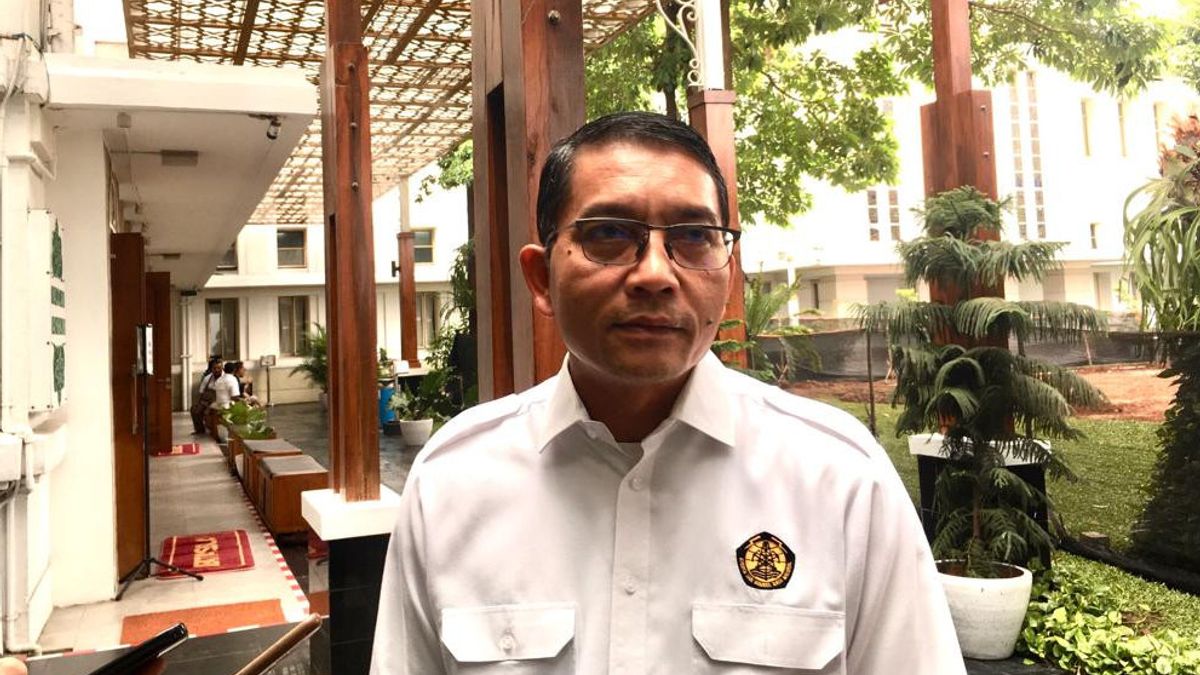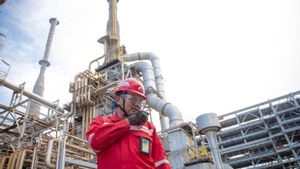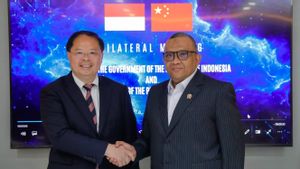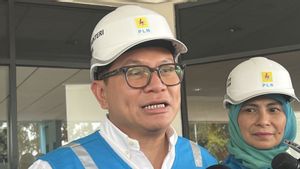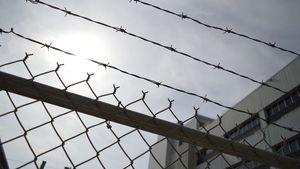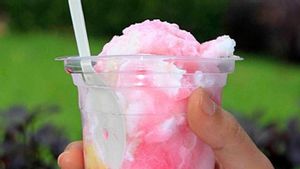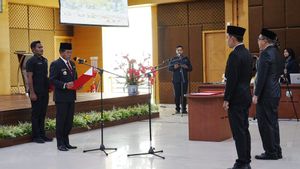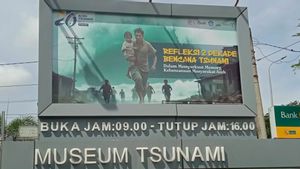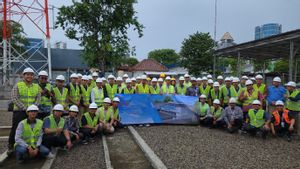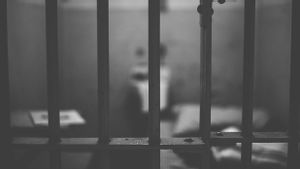JAKARTA - Secretary General of the Ministry of Energy and Mineral Resources (ESDM) Dadan Kusdiana revealed that the government continues to encourage efforts to develop new energy, including blue ammonia, hydrogen, and Sustainable Aviation Fuel (SAF) as part of a strategic step to achieve the Net Zero Emission (NZE) 2060 target.
Dadan said the production of blue ammonia was carried out by converting natural gas into syngas which was then reproduced with nitrogen.
"It has been ground-breaking by the President, that we will produce 875 thousand tons of ammonia which in the process is free of emissions, so we hope that the price will also be different if it is sold later," Dadan explained, quoted on Saturday, May 9.
Furthermore, Dadan revealed that ammonia is currently being researched and developed as fuel, as is the case with LPG, LNG, and natural gas.
"We want to encourage production so that this can become one of the fuels that is free of emissions in the future, we continue to encourage the use of clean fuels in all modes of transportation," he said.
SEE ALSO:
Another technology is hydrogen which offers abundant clean energy solutions. By not producing emissions, being easily generated from various sources, and can be stored easily in various forms, hydrogen is a promising choice to tackle air pollution and meet future energy needs.
Dadan revealed that Indonesia already has one hydrogen gas station in Jakarta, although there are not many hydrogen-fueled vehicles in Indonesia. This is done because we need to learn how to transport, store, and fill hydrogen into vehicles, and gain experience in using hydrogen-fueled vehicles.
"The hydrogen comes from water, not hydrogen that comes from natural gas. From natural gas that is not new energy and then converted, I don't think it has too big an impact on efforts to increase energy security," explained Dadan.
In addition, the government also managed to run the world's first commercial flight on October 27, 2023 using the Sustainable Aviation Fuel (SAF) bioavtur J2.4 made from palm oil on the Jakarta-Solo route. SAF is produced through mixing EBT fuel with conventional JET fuel.
Through these efforts, Indonesia affirms its commitment to building a greener, cleaner, and sustainable future for future generations, not only for the national scope but also as part of global responsibility in dealing with climate change.
The English, Chinese, Japanese, Arabic, and French versions are automatically generated by the AI. So there may still be inaccuracies in translating, please always see Indonesian as our main language. (system supported by DigitalSiber.id)
